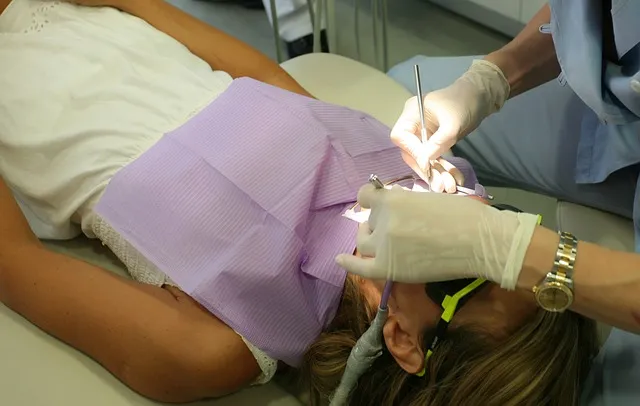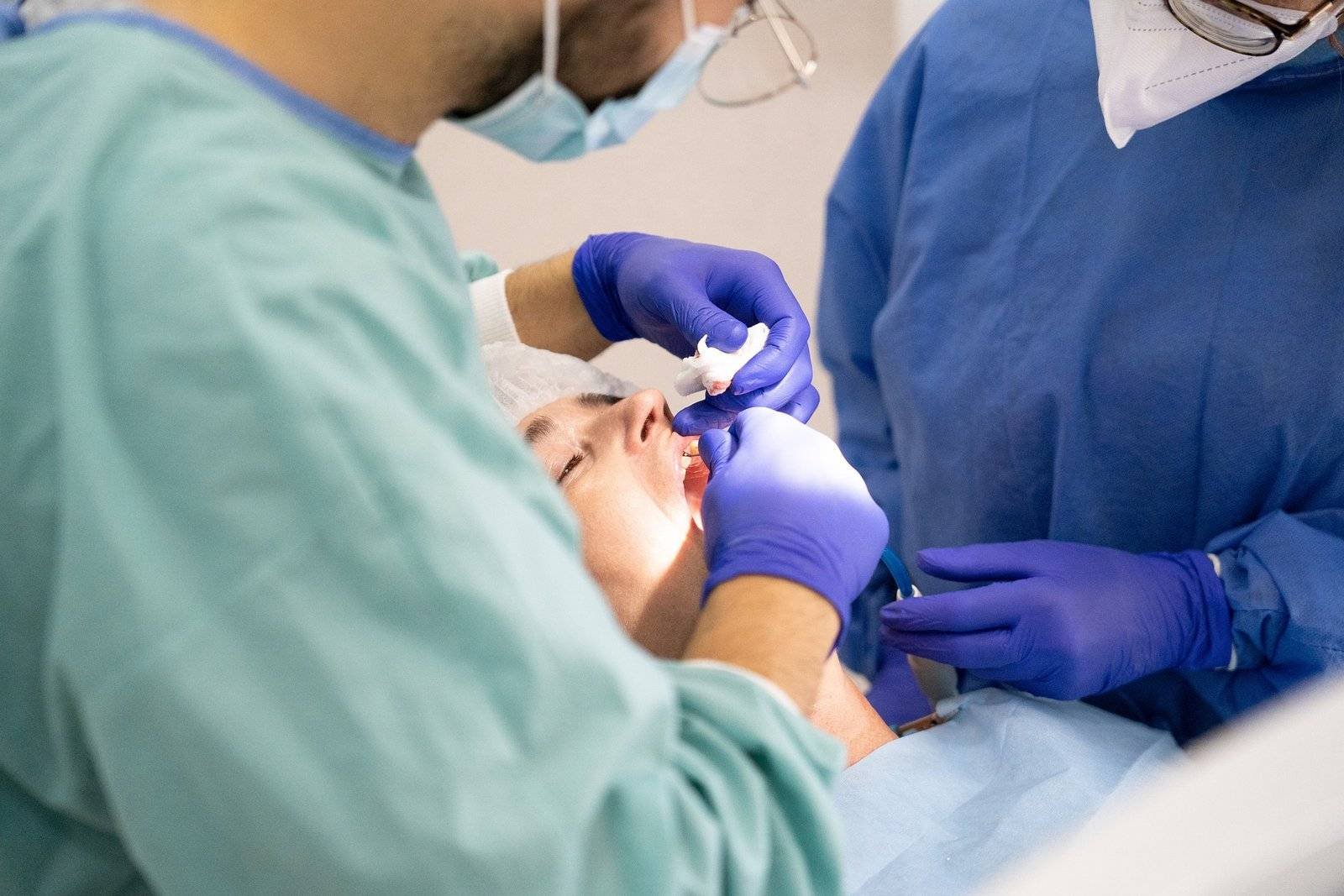
Introduction:
Oral surgery is a vital aspect of dental care, encompassing procedures ranging from tooth extractions to complex oral surgeries. While these procedures are generally safe, complications may arise, requiring prompt and effective intervention. In this blog post, we will discuss a practical approach to addressing complications in oral surgery, equipping dental professionals with the knowledge and strategies to navigate challenges for optimal patient outcomes.
1. Preoperative Assessment and Risk Management:
Approach: Begin with a comprehensive preoperative assessment to identify potential risk factors. Consider the patient’s medical history, current medications, and any preexisting conditions. Communicate effectively with the patient to gather relevant information and manage expectations.
Strategy:
Thorough Medical History: Obtain a detailed medical history, including any medications, allergies, or systemic conditions.
Consultation with Medical Professionals: When necessary, consult with the patient’s physician or specialists to assess and manage systemic risks.
Informed Consent: Clearly communicate potential risks and complications to the patient during the informed consent process.
2. Effective Anesthesia Management:
Approach: Adequate anesthesia is crucial for patient comfort and successful oral surgery. Complications related to anesthesia should be anticipated and managed proactively.
Strategy:
Local Anesthesia Techniques: Utilize appropriate local anesthesia techniques, considering the type of procedure and patient preferences.
Monitoring: Implement vigilant monitoring during the administration of anesthesia to identify and address complications promptly.
Emergency Preparedness: Have emergency medications and equipment readily available to manage unexpected reactions.
3. Hemostasis and Bleeding Control:
Approach: Bleeding complications can arise during or after oral surgery, necessitating effective hemostasis techniques.
Strategy:
Surgical Technique: Employ meticulous surgical techniques to minimize tissue trauma and bleeding.
Hemostatic Agents: Utilize hemostatic agents when necessary, such as local hemostatic agents or surgicel.
Postoperative Instructions: Provide clear postoperative instructions to the patient, emphasizing the importance of avoiding activities that may disrupt clot formation.
4. Management of Nerve Injuries:
Approach: Nerve injuries, although rare, can occur during oral surgery, leading to sensory or motor complications.
Strategy:
Careful Surgical Planning: Thoroughly plan and visualize the surgical site to avoid damaging adjacent nerves.
Immediate Identification: If a nerve injury occurs, identify it immediately and communicate with the patient about the potential outcome.
Referral to Specialists: Refer the patient to oral and maxillofacial surgeons or neurologists for specialized evaluation and management.
5. Infection Prevention and Management:
Approach: Infections are potential complications following oral surgery, and preventive measures must be taken to minimize their occurrence.
Strategy:
Aseptic Techniques: Adhere to strict aseptic techniques during surgical procedures.
Prescription of Antibiotics: Prescribe antibiotics when necessary, especially in cases with a higher risk of infection.
Patient Education: Educate patients on postoperative care, including proper hygiene practices and recognizing signs of infection.
6. Communication and Postoperative Follow-Up:
Approach: Effective communication with the patient before and after oral surgery, coupled with postoperative follow-up, contributes to complication prevention and management.
Strategy:
Patient Communication: Clearly communicate postoperative instructions, including signs of complications and when to seek immediate attention.
Scheduled Follow-Up Appointments: Schedule follow-up appointments to monitor the patient’s recovery and address any emerging complications.
Emergency Contact Information: Provide patients with emergency contact information for after-hours concerns.
Conclusion:
Addressing complications in oral surgery requires a proactive and systematic approach, encompassing thorough preoperative assessments, effective anesthesia management, meticulous surgical techniques, and comprehensive postoperative care. By implementing these strategies, dental professionals can enhance patient safety, minimize the risk of complications, and navigate challenges with confidence.
Remember, ongoing education, collaboration with specialists, and a patient-centered approach are fundamental in the continuous improvement of oral surgical practices and the provision of optimal care to patients.
Muskan.ai – An ecosystem powered by Artificial Intelligence for dentistry.
Introducing Muskan.ai, a cutting-edge ecosystem driven by Artificial Intelligence tailored for the field of dentistry. Our innovative AI engine seamlessly integrates with a suite of AI products, empowering dentists to elevate their practice. Through this integration, dentists can optimize their workflow, save valuable time, and concurrently boost their revenue.
With our advanced AI-based radiography analysis tool, dentists can enhance patient treatment acceptance rates and obtain a valuable second opinion promptly. Our AI-powered oral hygiene checkups provide dentists with insights into a patient’s dental status, allowing for efficient time management and enabling the feasibility of tele-dentistry. Patients can conveniently connect with their dentists through a user-friendly mobile app.
Meet DAISY, our AI-powered dentalGPT, designed to interact naturally with patients, addressing their minor queries regarding dental health. In addition to these features, we are at the forefront of championing AI-based Oral Cancer Screenings, offering timely interventions and facilitating recovery without resorting to invasive treatments. Muskan.ai is not just a technological advancement; it’s a transformative force enhancing both dentistry practice and patient care.



